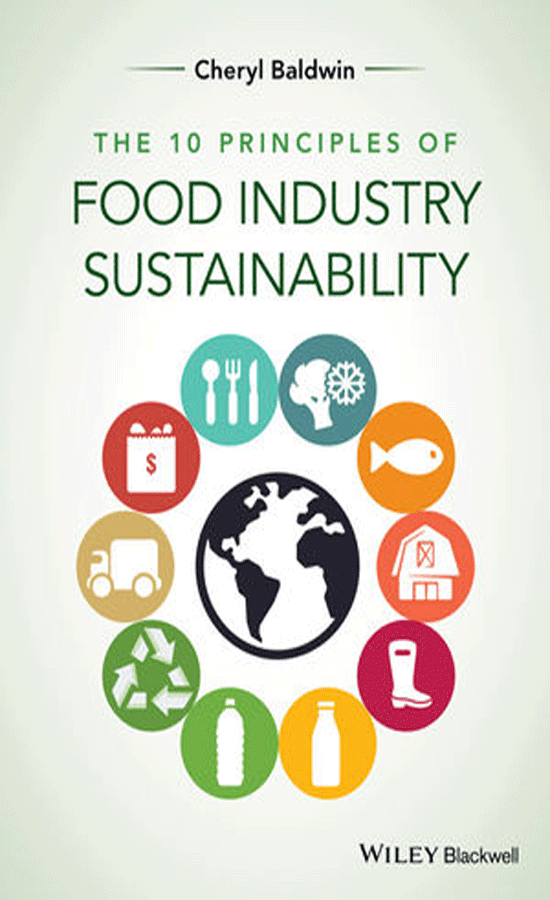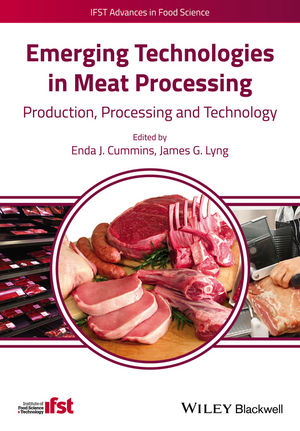Cargill reported net earnings of $445 million in the fiscal 2013 third quarter ended Feb. 28, down 42 percent from $766 million in the same period a year ago. Nine-month earnings totaled $1.83 billion, up 66 percent from $1.1 billion in the prior year. Third-quarter revenues edged up 1 percent to $32.2 billion, which brought nine-month revenues to $101.2 billion.
"Cargill's earnings were below last year's record third quarter," said Greg Page, Cargill chairman and CEO. "The current quarter demonstrated the balance that comes from Cargill's diversified portfolio. In North America, our meat processing businesses were pressured by the drought-related high cost of feed ingredients. Even though many of our global food ingredients businesses experienced higher input costs, they nearly matched their strong performance in last year's third quarter."
Among Cargill's five business segments, earnings in agriculture services were down largely due to the prolonged impact of last year's drought-reduced crops in North America. Animal nutrition results were affected by Venezuela's currency devaluation in February and by difficult economic conditions in meat and dairy production in several regions.
Third-quarter earnings in origination and processing were below the prior year, with mixed results across regions. Export demand for U.S. soybeans and meal was strong all quarter due to limited pre-harvest supplies in South America. Brazil's harvest began in February, but weather delays and logistical challenges significantly reduced soybean and soybean product exports below expectations.
Earnings in the food ingredients and applications segment were below the year-earlier period. Performance in food ingredients reflected value-creating customer solutions, good risk management and attention to costs, although the Venezuelan currency devaluation was a factor in holding results below the year-ago level. The animal protein businesses were negatively affected in North America by high feeding costs, tight cattle supplies and an oversupplied turkey market. Cargill's beef processing plant in Plainview, Texas, was idled in February because of the tight cattle supply brought about by years of drought in Texas and Southern Plains states. A related, one-time charge to earnings was taken. Nine-month results in global animal protein were ahead of last year.
The risk management and financial segment was moderately below last year's third quarter. Asset management activities performed well, though not as briskly as last year when financial markets rallied in response to easing in the European debt crisis. Results in energy trailed the year-ago period.
Cargill's industrial segment posted increased third-quarter earnings. Sales volumes of road deicing products were higher than last year, though production volumes decreased due to the mild North American winter in 2011-12, which left storage facilities still holding inventory as the new season began. Cargill's first-quarter acquisition of a vegetable oil-based dielectric fluid business was accretive to segment earnings through the first nine months. Dielectric fluids are used to cool transformer and electrical equipment.
Cargill continues to invest to help customers succeed. In January, it opened a food innovation center in Gurgaon, India – the first of its kind in India's food industry and Cargill's third in Asia. The center's knowledgeable staff collaborates with customers' food science, marketing and manufacturing teams to create new or improved bakery, confectionery and convenience foods.
Cargill also is working to better serve customers in mature markets such as North America. On March 5, Cargill, ConAgra Foods and CHS announced a definitive agreement to combine their North American flour milling businesses to create Ardent Mills, a new flour milling and baking solutions company. The intent is to help bakery and food company customers innovate and grow. Ardent Mills will offer the broadest range of flours, mixes and specialty products, supported by an extensive flour milling network in the U.S., Canada and Puerto Rico. It will operate as an independent joint venture, owned 44 percent each by Cargill and ConAgra Foods and 12 percent by CHS. The transaction is expected to be completed in late calendar year 2013, following regulatory clearances, financing and the satisfaction of customary closing conditions.
Source: Cargill




